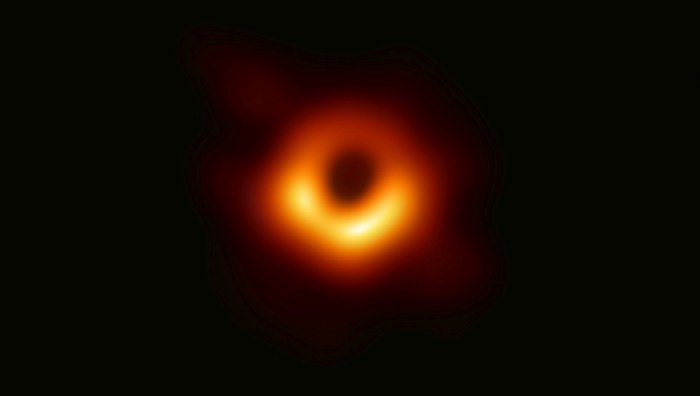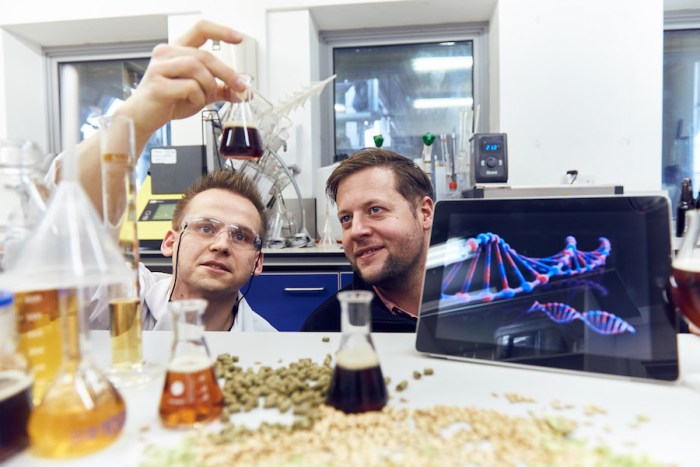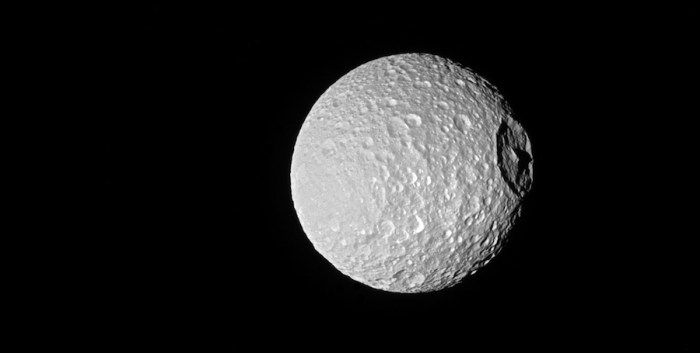This week, we learned to take better control of things that we can influence — the value of grabbing a friend instead of a gadget to work out — and start worrying about global warming for real. Older really can mean wiser | The New York Times
There is a type of intelligence that peaks in your 20s — and then there’s the kind that gets honed with age.
Is technology spoiling your workout? | The Washington Post Constantly checking your device “is going to create anxiety — and that’s the last thing you want to do when exercising.” Exercise is supposed to produce endorphins and dopamine, chemicals that make you feel good, not anxiety neurotransmitters like cortisol. This Fast-Food-Loving, Organics-Hating Ivy League Prof Will Trick You Into Eating Better | Mother Jones When it comes to nutrition, Cornell’s David Wasink says we’ve got it all wrong: Corporations aren’t the enemy, making healthy choices isn’t an all-or-nothing proposition, and how you eat may be even more important than what you eat. The toll of a solitary life | The New York Times
Social relationships should be taken as seriously for health as any other disease risk factor — yes, even for those who say they prefer to be alone.
How to teach doctors empathy | The Atlantic
Empathy doesn’t just make doctors more likeable; it gets better results for their patients. And the medical community is taking notice, from Medicare reimbursements to new questions on med school entrance exams. The melting of Antarctica was already bad. It just got worse | The Washington Post Antarctica is melting from the bottom up, accelerating the models for rising sea levels.
Phineas Gage, Gauging Time | The Atlantic
Our sense of time, whether we think it’s passing by slowly or in the blink of an eye, is an evolutionary advantage. Scientists began to unravel this with the case of a railroad worker who famously went from a punctual man to being fired for tardiness after a horrific accident in 1848. Eva Kis is on Twitter@thisiskis, where she talks about pop culture, cats and media almost as much as food.
Science News: Loneliness is a disease, tech ruins your workout, wisdom does come with age

Istock


















